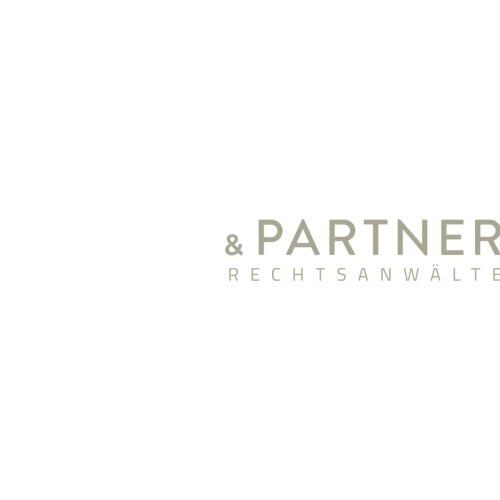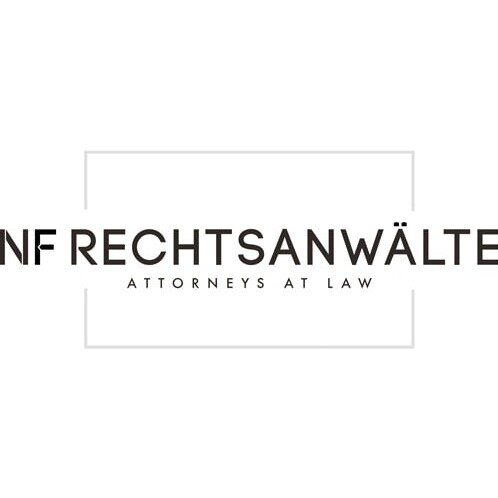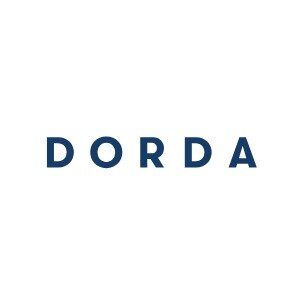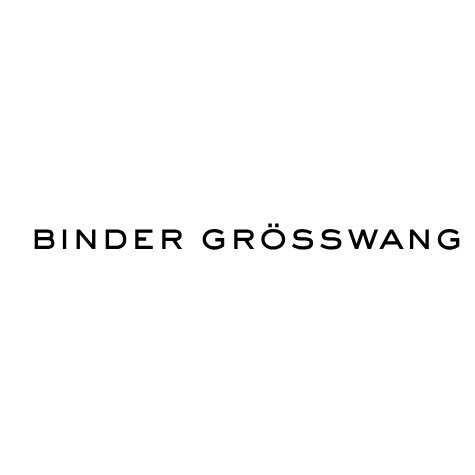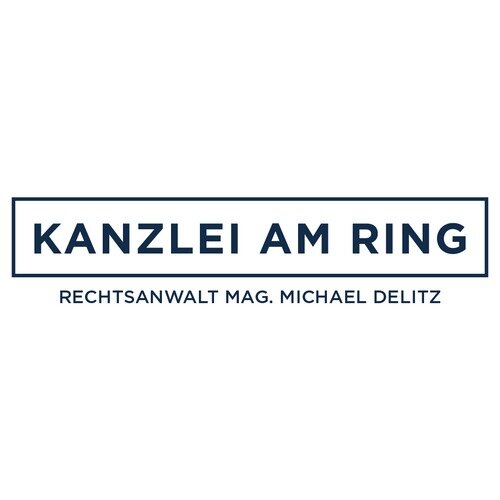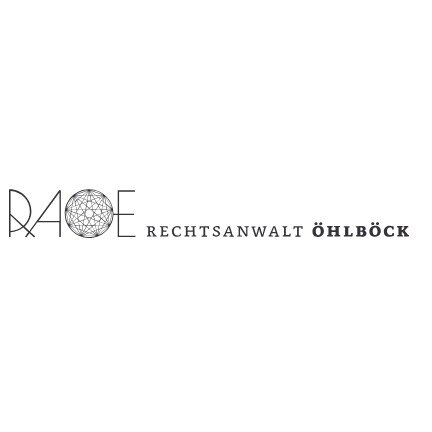Best Project Finance Lawyers in Vienna
Share your needs with us, get contacted by law firms.
Free. Takes 2 min.
List of the best lawyers in Vienna, Austria
About Project Finance Law in Vienna, Austria
Project Finance involves securing long-term funding for large-scale projects based on the projected cash flows of the project rather than the balance sheets of the sponsors. In Vienna, Austria, Project Finance plays a crucial role in sectors like infrastructure, energy, transport, and construction. Legal frameworks in Austria provide mechanisms that support the structuring, risk allocation, and security arrangements needed for these complex transactions. International investors, government bodies, and private sponsors frequently engage in Project Finance to implement developments that drive both economic growth and innovation in and around Vienna.
Why You May Need a Lawyer
A lawyer specializing in Project Finance can help you navigate the complexities associated with multi-faceted financing arrangements. Common situations where legal advice is essential include:
- Negotiating and drafting Project Finance agreements
- Securing financing from banks, syndicates, or other financial institutions
- Identifying and mitigating legal and regulatory risks
- Structuring Public Private Partnerships (PPPs)
- Acquiring government permits and environmental approvals
- Managing cross-border financing and foreign investment requirements
- Resolving disputes between project stakeholders
- Ensuring compliance with Austrian and EU legal frameworks
Given the range of stakeholders and the potential for significant financial exposure, legal guidance ensures your interests are protected and projects proceed smoothly.
Local Laws Overview
Project Finance in Vienna is regulated by a combination of Austrian federal laws, EU directives, and industry-specific regulations. Some central legal aspects include:
- Contract Law: Austrian civil law governs contracts used in Project Finance, requiring precision in drafting and negotiation.
- Security Interests: Austrian law provides for various security structures, such as mortgages, pledges, and assignments for collateral, which are critical in Project Finance.
- Public Procurement: PPPs and other public projects must comply with Austrian and EU procurement rules ensuring transparency and competition.
- Environmental Regulation: Projects must adhere to strict environmental laws and permitting processes, especially in sectors like energy and infrastructure.
- Banking and Financial Law: Financing must comply with Austrian and EU requirements relating to anti-money laundering, foreign investments, and financial market stability.
- Taxation: The structure of Project Finance transactions can have significant tax implications, so local tax regulations must be carefully considered.
Each project may involve additional sector-specific laws, and compliance with all relevant legal regimes is a critical part of the process.
Frequently Asked Questions
What is Project Finance and how does it differ from traditional financing?
Project Finance is a method of funding where repayment depends primarily on the cash flows generated by the project itself, not the assets or creditworthiness of the sponsors. Traditional financing relies mainly on existing assets or revenue streams of the borrower.
Which industries in Vienna typically use Project Finance?
Industries such as energy, transportation infrastructure, construction, water treatment, and public-private partnerships are common sectors benefiting from Project Finance.
Do I need an Austrian partner to engage in Project Finance locally?
It is not strictly necessary to have a local partner, but foreign sponsors often work with Austrian entities to navigate regulatory, cultural, and operational challenges more effectively.
Is English-language documentation accepted in Vienna projects?
While initial drafts can be in English, most official documentation, filings, and court submissions must ultimately be in German, as required by Austrian authorities.
What are typical forms of security in Austrian Project Finance?
Common forms include mortgages over property, pledges over shares, assignment of receivables, and bank guarantees, all structured under Austrian law.
How long does it take to complete Project Finance transactions in Vienna?
Timelines vary depending on the project's complexity, regulatory approvals, and negotiation between parties. Typically, projects can take several months to over a year from inception to financial close.
What are the main risks in Austrian Project Finance?
Risks may include construction delays, regulatory changes, payment defaults, environmental liabilities, and foreign exchange issues. Proper legal structuring can mitigate many of these risks.
Are there restrictions on foreign currency loans?
Austria is part of the Eurozone, so euro-denominated loans are standard. Foreign currency loans are possible but must comply with Austrian financial regulations and may present foreign exchange risks.
How are disputes resolved in Project Finance matters?
Disputes are often resolved through negotiation, mediation, or arbitration. Vienna is also a common seat for international arbitration due to its favorable legal infrastructure.
Do Project Finance projects in Austria require environmental permits?
Yes. Environmental approvals are mandatory for most large-scale infrastructure and energy projects, and non-compliance can result in delays or legal challenges.
Additional Resources
Several organizations and bodies can provide further information, support, or regulation for Project Finance matters in Vienna:
- Federal Ministry for Climate Action, Environment, Energy, Mobility, Innovation and Technology (BMK) - for guidelines on infrastructure and energy projects
- Austrian Financial Market Authority (FMA) - for regulations concerning banking and finance
- Austrian Federal Economic Chamber (WKO) - offering business resources and legal support for investors
- Vienna International Arbitral Centre (VIAC) - for arbitration and dispute resolution services
- European Investment Bank (EIB) and European Bank for Reconstruction and Development (EBRD) - for project co-financing and advisory services
Next Steps
If you need legal assistance relating to Project Finance in Vienna, consider the following steps:
- Identify your project’s specific legal needs, such as contract structuring, compliance, or dispute resolution.
- Research and reach out to law firms or legal professionals specializing in Project Finance and infrastructure transactions in Vienna.
- Gather relevant documentation about your project, including feasibility studies, business plans, and any prior agreements.
- Schedule a consultation to discuss your goals, risks, and options under Austrian law.
- Stay informed about local regulations and monitor any sector-specific updates that may impact your project.
Early engagement with an experienced Project Finance lawyer can help streamline your transaction, manage risks, and ensure full compliance with local requirements, greatly improving your project's chances of success in Vienna, Austria.
Lawzana helps you find the best lawyers and law firms in Vienna through a curated and pre-screened list of qualified legal professionals. Our platform offers rankings and detailed profiles of attorneys and law firms, allowing you to compare based on practice areas, including Project Finance, experience, and client feedback.
Each profile includes a description of the firm's areas of practice, client reviews, team members and partners, year of establishment, spoken languages, office locations, contact information, social media presence, and any published articles or resources. Most firms on our platform speak English and are experienced in both local and international legal matters.
Get a quote from top-rated law firms in Vienna, Austria — quickly, securely, and without unnecessary hassle.
Disclaimer:
The information provided on this page is for general informational purposes only and does not constitute legal advice. While we strive to ensure the accuracy and relevance of the content, legal information may change over time, and interpretations of the law can vary. You should always consult with a qualified legal professional for advice specific to your situation.
We disclaim all liability for actions taken or not taken based on the content of this page. If you believe any information is incorrect or outdated, please contact us, and we will review and update it where appropriate.



